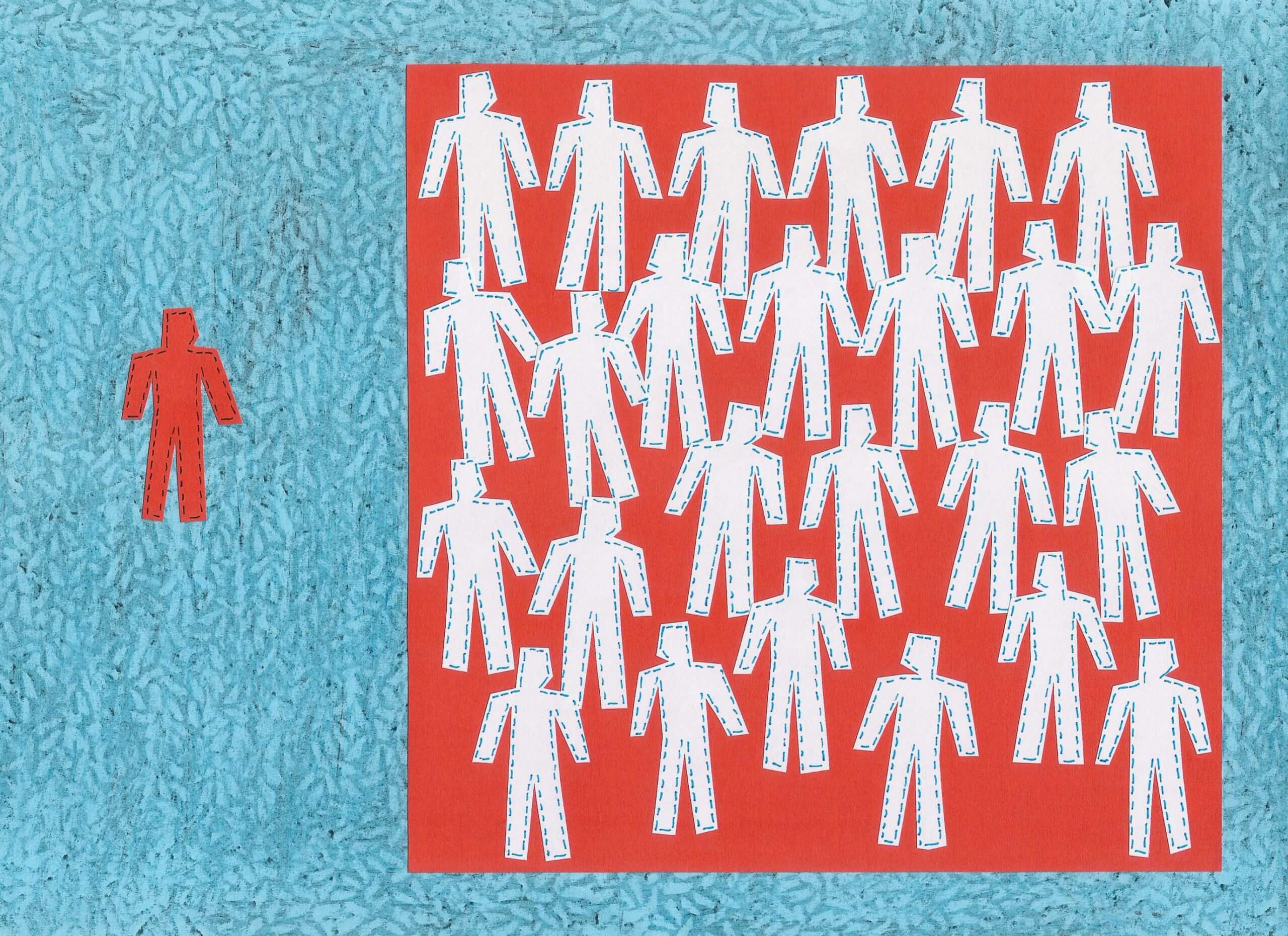Microaggressions, behaviors that stem from implicit bias and occur at an interpersonal level, have been known to cause discomfort, anxiety, and burnout among clinicians of color.1,2 At a public forum to discuss racism in nursing held by DNPs of Color, participants were given a space to offer their personal experiences of microaggression and discrimination during medical training and patient care. Danielle McCamey, DNP, APRN, ACNP-BC, FCCP, the founder of DNPs of Color offered an example from her career. A patient said: “You are shockingly so articulate. My response: is there a reason that made you believe otherwise?”
The Clinical Advisor interviewed 4 participants from the discussion and asked them to elaborate on their personal experiences of when they experienced microaggression in their profession and what advice they would give students entering the field on how to find a mentor and achieve advancements.
Chad Ricks, MSN, ACHE, RN
Microaggression from a patient’s family member
“When I reflect on my career as a young critical care nurse, the incident [of microaggression] that comes to mind was when I cared for a high-profile dignitary. During the workday, the patient’s daughter came to visit and asked for the nurse in a smug tone. I was naive then, but I concluded she was not a nice person after careful reflection. She proceeded to ask me how her family member was doing, and I told her that he was pretty good considering his diagnosis. As she watched me with her family member she asked: ‘How long have you been a nurse, and where did you go to school?’ I was caught off guard and in a proud voice answered that I attended Emory University.”
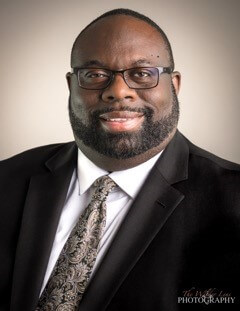
Ricks goes on to describe that the daughter’s facial expression changed to disbelief. “I also expressed that I graduated with honors Summa Cum Laude. I was irritated by her comments, so I told her visiting hours were over and kindly escorted her to the door. Visits were only 15 minutes back then, and the nurses were the gatekeepers.” It would be years later that Ricks would come to understand that what he experienced was a microaggression.
At the time, Ricks felt that this was the best way to handle a family member. “I took into consideration that she may be stressed because of her family member’s condition. Although, I must admit it did strike feelings in me that maybe she thought I was not good enough to care for her family and, of course, I talked myself out of feeling bad about the interaction.”
“I wish I could have responded by saying, ‘Why did you ask that question?’ or ‘Is there a problem?’ but, of course, that would not have been professional and showed no empathy for the family.”
When asked how NPs of color can advance in the profession when they may feel overlooked, Ricks responded by stating that performance measures are what should be measured to assess a person’s performance.
“Although perfection is impossible, excellence is obtainable. My advice would be to show excellence in all that is done. First, good work and meeting or exceeding metrics cannot be overlooked. Secondly, I would seek mentorship and guidance in all areas to help with professional success. Lastly, networking is vitally important, because if excellence is overlooked, it may be time to seek other employment that will appreciate excellence and a desirable skill set.”
Graduates seeking to join organizations should develop goals that will provide them with a road map to reach their planned goals, he added. Also, “seek leaders who like to mentor and know that leadership mentors do not always have to look as we do.” Mentorship is not limited to color but the character of the leader, he added.
Vivienne Pierce McDaniel, DNP, MSN, RN
Microaggression from a supervisor
“One of my supervisors, upon learning that I had been a freelance photographer for the Boston Celtics NBA team, told me, ‘Black people are very good with sports, that’s a good field for them to be in, but you’re nothing without an education.’ After, that same supervisor interrupted me while I was facilitating a medical coding session with physicians to tell them she had ‘hired someone else who would be coming on board soon, someone who is very educated and experienced.’ My immediate thought was that she was letting them know she hired someone who was not Black. Indeed, the new hire was a White woman that I had to train because she had never done the work that I was doing. When I went to our director to report the microaggressions and to complain about other incidents that had occurred with this same supervisor, he told me he did not see it as such. His exact words were, ‘ignore it; she has her preferences; it is not racism.’”
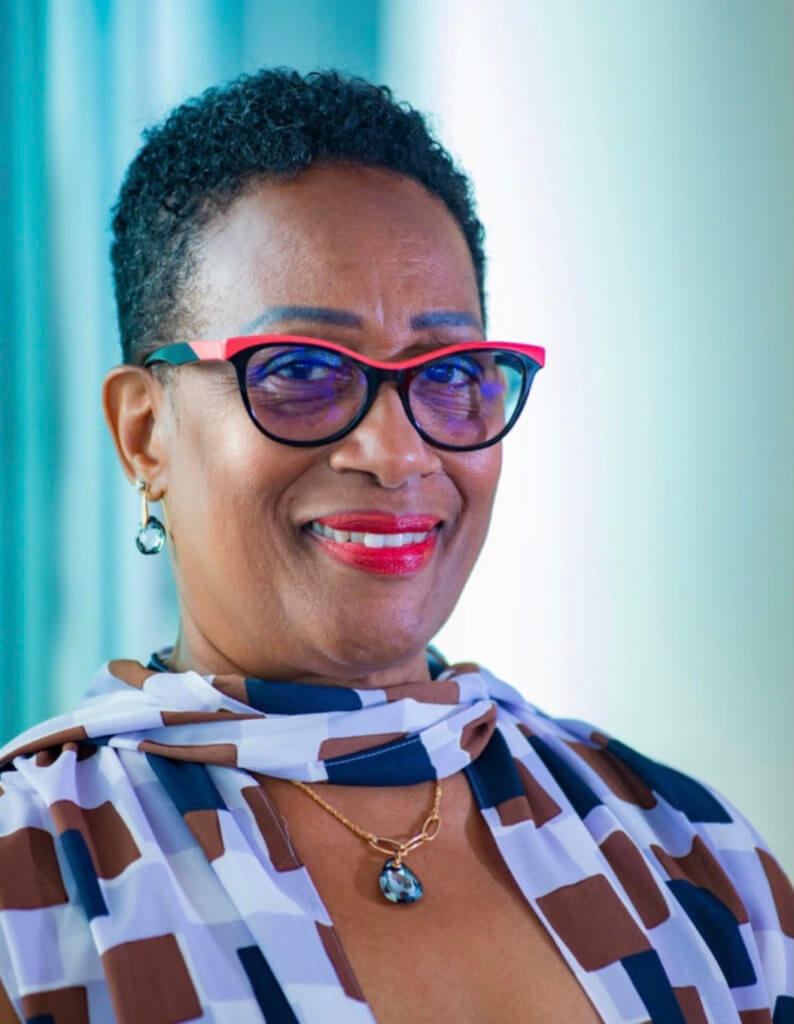
Dr Pierce McDaniel states that she speaks up when she feels she is being overlooked. “It may be perceived as being aggressive, but it is not aggression; I believe in being transparent and forthcoming, which requires confidence. When I know I am capable of advancing and there is a lack of diversity and inclusivity, I bring it to the attention of the decision-makers and hold them accountable. Do not boast that you foster a diverse, equitable, and inclusive workplace and then overlook what I bring to the organization.”
“My advice to new graduates is that they develop objectives for what they want to achieve, and if they are using smart goals, they will have a timeline with the dates they would like to achieve their goals. Many great nursing leaders love mentoring and as a new grad, you should build strong and lasting relationships with your mentors. Take the opportunity to get involved, get on committees, and do volunteer work. That has always worked for me. I am currently on 8 boards/committees, and I chair or co-chair 5 of those. You must make that which is invisible, visible. This is especially important when nobody looks like you.”
Madeline Feliciano-Weiser, MSN, RN
Not ‘ghetto’ enough to be Puerto Rican
“Early in my nursing career, my coworker and I were discussing holiday traditions that led to cultural norms as a part of my Puerto Rican heritage. My nursing colleague stated that she was never exposed to any people of color during her public school education or nursing school program. She was concerned her daughter would have the same experience due to the predominantly White school she attended.”
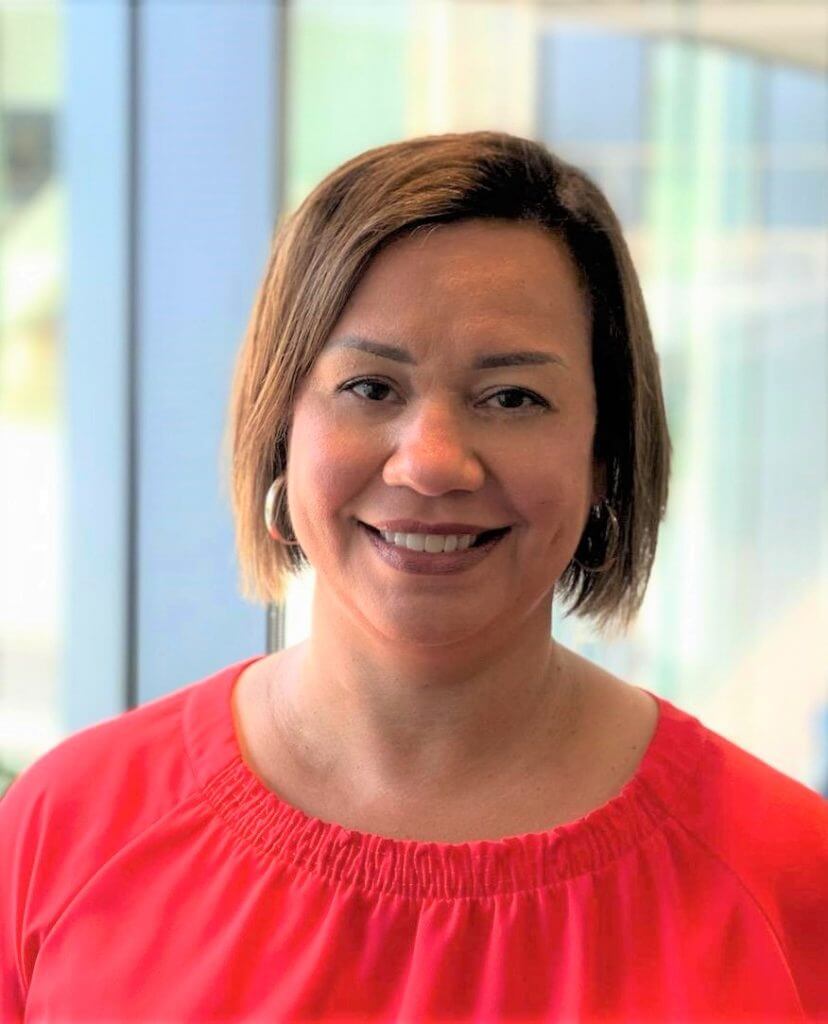
“During the holidays, everyone is welcome to celebrate at my house, therefore, I invited her family to come over the evening after Christmas for her daughter to be exposed to a culture different from theirs. In response to this invitation, my nursing colleague said, ‘You aren’t ghetto enough to be Puerto Rican.’ Taken aback, I asked her to clarify her statement. She responded by saying, ‘You are polished and educated. I think [my daughter] needs to be exposed to those people who aren’t like you. You know, the stereotypical Puerto Rican.’
“I was stunned,” said Feliciano-Weiser. “I interrupted her saying, ‘You have no idea how offensive that statement is. You may think it is a compliment; however, it is offensive to assume I am the exception, instead of the norm. There are many successful Puerto Ricans and other people of color. If you’re are interested in learning about them, I can provide some resources. Maybe you will learn something new.’
“In return, she had the audacity to look offended. To make it worse, I discussed this interaction with my manager at the time. She assured me my colleague didn’t mean anything by it, so I wasn’t to dwell on it and let it go. I was looking for validation of my concerns; instead, I felt unsupported and insignificant.”
”As I am still navigating my professional career advancement options, I haven’t found the formula to avoid being overlooked. However, I would say to a new graduate to ensure you are visible; join a nursing committee you would enjoy. There is a personal responsibility to career development. Seeking out opportunities to build experience and skills is essential.”
Just as Ricks and Dr Pierce McDaniel stressed, Feliciano-Weiser discussed the importance of having a mentor. “Being in an environment where no one looks like you can increase the feeling of isolation and exclusion. If there aren’t available colleagues who look like you, with whom you can share experiences and gain insight, then I would look outside of the organization. Groups working towards the advancement of people of color in nursing include the National Association of Hispanic Nurses, the National Black Nurses Association, Asian American/Pacific Islander Nurses Association, and National Alaska Native American Indian Nurses Association.”
“Lastly, I would recommend a professional career coach who is familiar with the struggles faced by the BIPOC community. They may be able to offer career strategies that can be leveraged into leadership advancement.”
Yvette Conyers, DNP, MS, RN, FNP-C, CTN-B, CFCN, CFCS
Mistaken for a student, not the instructor
“While working at a local university, I was assigned a group of med-surgical students in their third semester. I worked at this hospital for a number of years so was relatively familiar with the staff on the unit. The hospital is a teaching hospital so it was during the time when there would be new residents in training.”
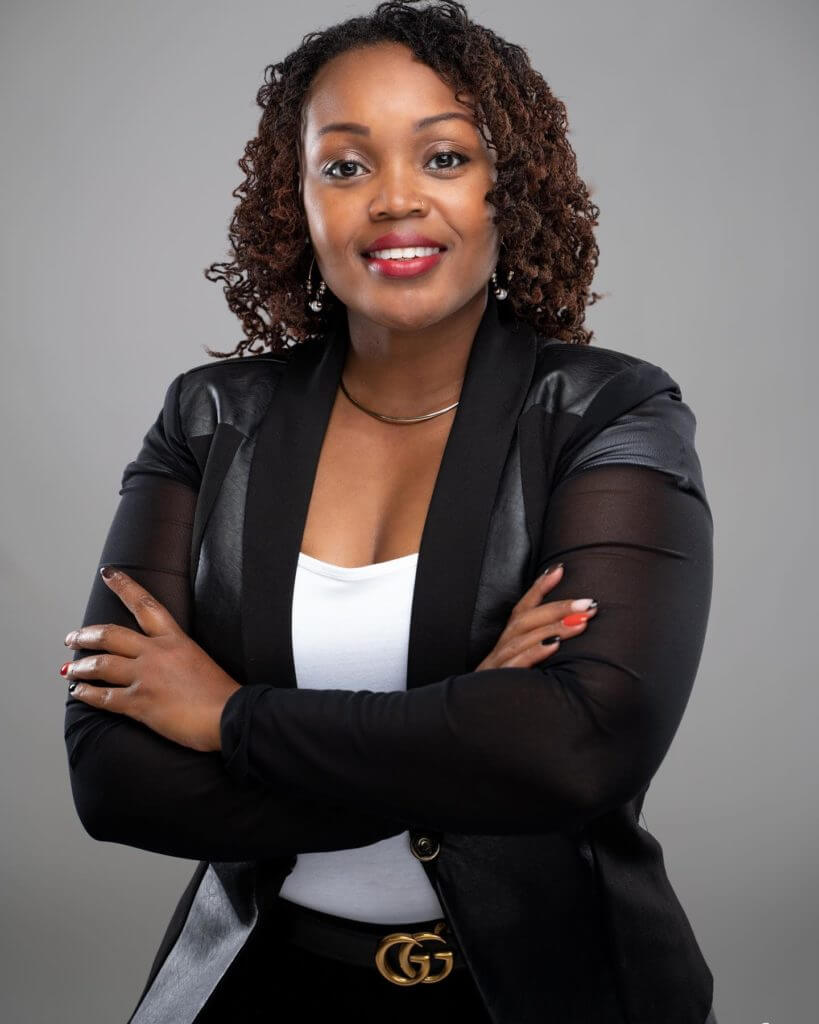
“I was wearing my white lab coat and uniform with my nametag. I went into a patient’s room with a White student to administer medications to the patient. Upon administering the medications, a White provider walks into the room and starts to speak to me in a demeaning tone while telling me what I needed to do for the patient, still not making eye contact with me. When he finally looked up, he saw me staring back at him and said ‘oh you are the teacher, I thought you were the nursing student’. My reply was yes I am the clinical instructor and pointed to my name badge that also happened to have the title Dr. Yvette Conyers, DNP.”
”My response at the time was what I thought I needed to do, which was to reaffirm who I was and my role. I did share with students at the end of the day how that made me feel and discussed how the student felt since she was also present.”
Dr Conyers stated that feeling overlooked is something she is now used to is now the norm. “I think understanding the value you bring to an organization is important. Organizations are finally starting to value diversity in many forms including the value of Black nurses. Patients have been saying for years, they want care that is provided by someone who looks like them, similar cultures.”
As a new graduate, “it is important that you have confidence in what you have been taught and also connect with professional nursing organizations with a similar mission, vision, and values as yours, such as DNP’s of Color, state nursing organization, and National Black Nurses Association,” Dr Conyers noted. “Having a mentor is vital. For me, I have a few and I choose whom to reach out to depending on the situation. There is a difference between standing up and standing out to leadership. Sometimes we have to stand up to prevent being taken advantage of while standing out requires authenticity in who you are and what you bring to the table with no apologies.”
References
1. Feaster B, McKinley-Grant L, McMichael AJ. Microaggressions in medicine. Cutis. 2021;107(5):235-237. doi:10.12788/cutis.0249
2. Ahmad SR, Ahmad RR, Balasubramanian V, Facente S, Kin C, Girod S. Are you really the doctor? Physician experiences with gendered microaggressions from patients. J Womens Health (Larchmt). 2021 Nov 5 (Online ahead of print). doi:10.1089/jwh.2021.0169
This article originally appeared on Clinical Advisor
